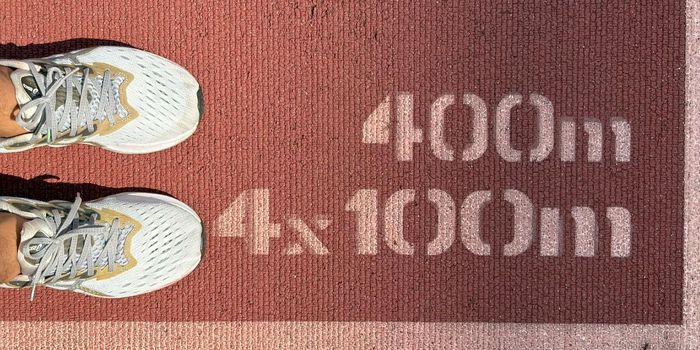Fear of neurological brain damage struck a blow this week to business as usual in the National Football League when highly touted rookie linebacker Chris Borland announced his retirement.
Borland, 24, told ESPN's "Outside the Lines" on Monday that he is retiring due to concerns over the long-term effects of repetitive head trauma. He said he consulted with concussion researchers and former NFL players, among others, in making his decision.

"I just honestly want to do what's best for my health," Borland told "Outside the Lines." "From what I've researched and what I've experienced, I don't think it's worth the risk."
In retiring, Borland made the to-this-point unusual decision of taking the brain trauma risk seriously enough to leave millions of dollars behind from a career in professional football. He was scheduled to make $540,000 this season and his earnings trajectory was definitely pointing up. He led the San Francisco 49ers in tackles as a rookie last year and received a vote for defensive rookie of the year.
But all that success paled in comparison to the effects of brain damage for Borland. He told the ESPN program: "I've thought about what I could accomplish in football, but for me, personally, when you read about Mike Webster and Dave Duerson and Ray Easterling, you read all these stories, and to be the type of player I want to be in football, I think I'd have to take on some risks that, as a person, I don't want to take on."
Webster, Duerson, and Easterling were NFL greats diagnosed with chronic traumatic encephalopathy, or CTE, after their deaths. Duerson and Easterling committed suicide, a tragic end to life that's been linked with athletes who've suffered multiple concussions.
CTE is a chronic degenerative disease found in people with a history of brain trauma. Symptoms include memory loss, impaired judgment, depression, aggressive behavior, and dementia. It can only be diagnosed after death, a complication in efforts to study it. To aid research, a number of football players have donated their brains posthumously for study.
After last season, Borland said affirmed his decision by consulting with prominent concussion researchers and former players. He also scheduled baseline tests to monitor his neurological well-being going forward "and contribute to the greater research." After thinking through the potential repercussions, Borland said the decision was ultimately a no-brainer.
Borland, who earned a bachelor's degree in history from the University of Wisconsin, said he plans to return to school and might pursue a career in sports management.
Borland's decision drew both support and sidelong glances from other NFL players on Twitter. Seattle linebacker Bobby Wagner tweeted: "No offense to anyone but I'm playing as long as I can. I love this game to (sic) much."
The NFL released a statement Tuesday, saying it respected Borland's decision while underscoring the improved safety measures taken in the sport as a whole.
"Playing any sport is a personal decision. By any measure, football has never been safer and we continue to make progress with rule changes, safer tackling techniques at all levels of football, and better equipment, protocols and medical care for players," Jeff Miller, the NFL's senior vice president of health and safety policy, said in the statement.
"Concussions in NFL games were down 25 percent last year, continuing a three-year downward trend. We continue to make significant investments in independent research to advance the science and understanding of these issues. We are seeing a growing culture of safety."
Borland had a stellar career at Wisconsin, where he was named the Big Ten's defensive player of the year and linebacker of the year as a senior. He was a first-team All-American selection.
Source: Go.ESPN.com









